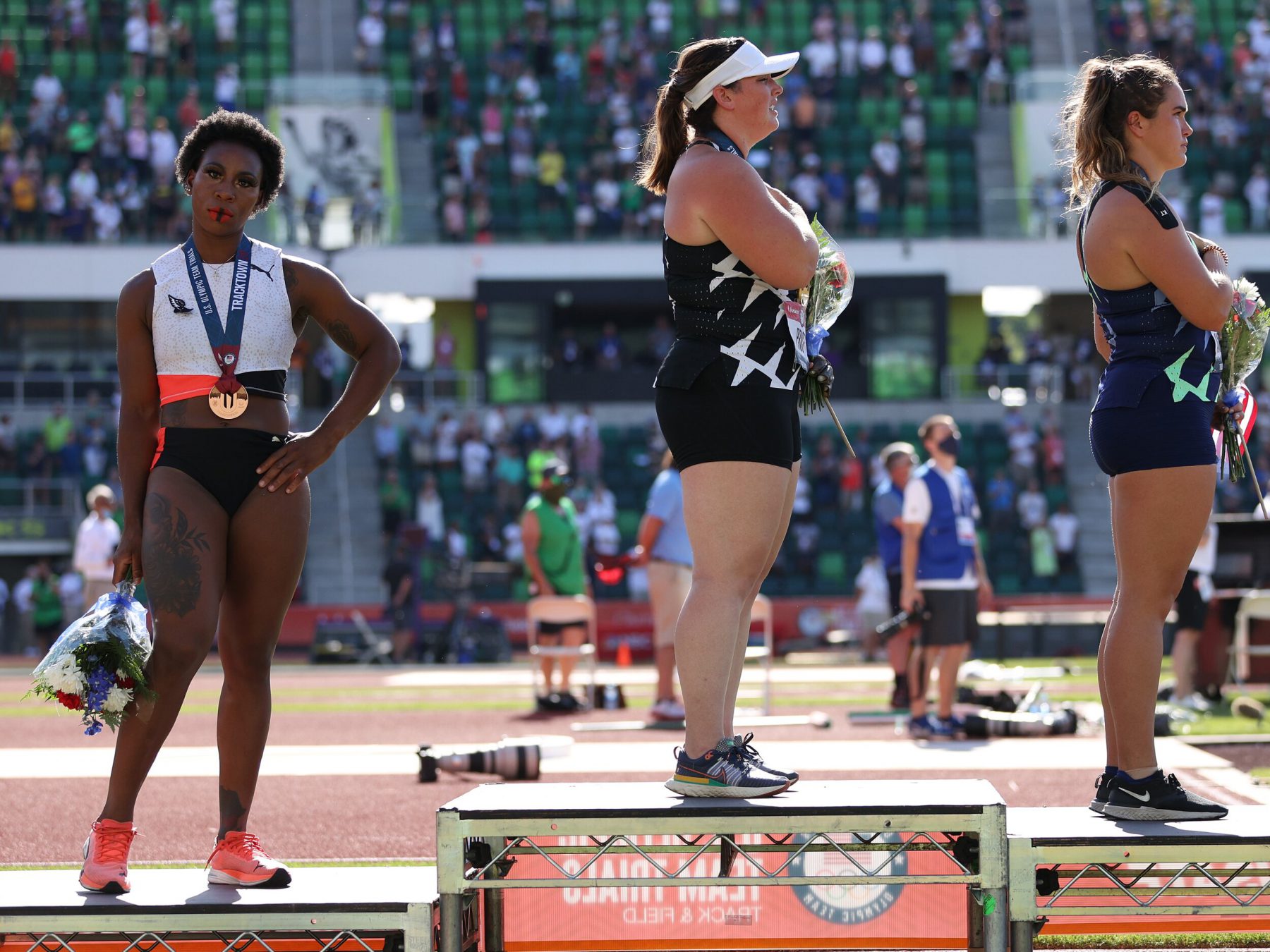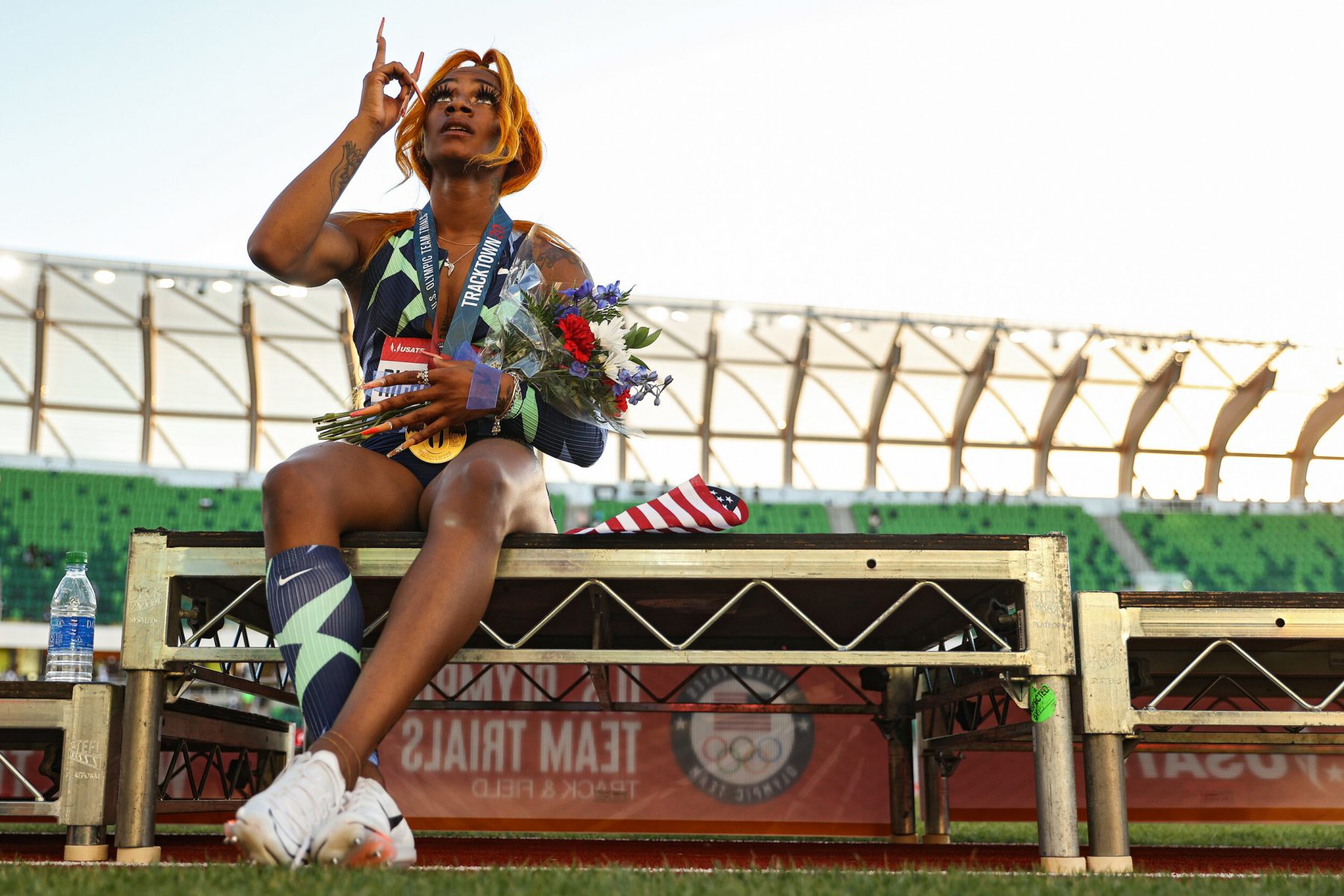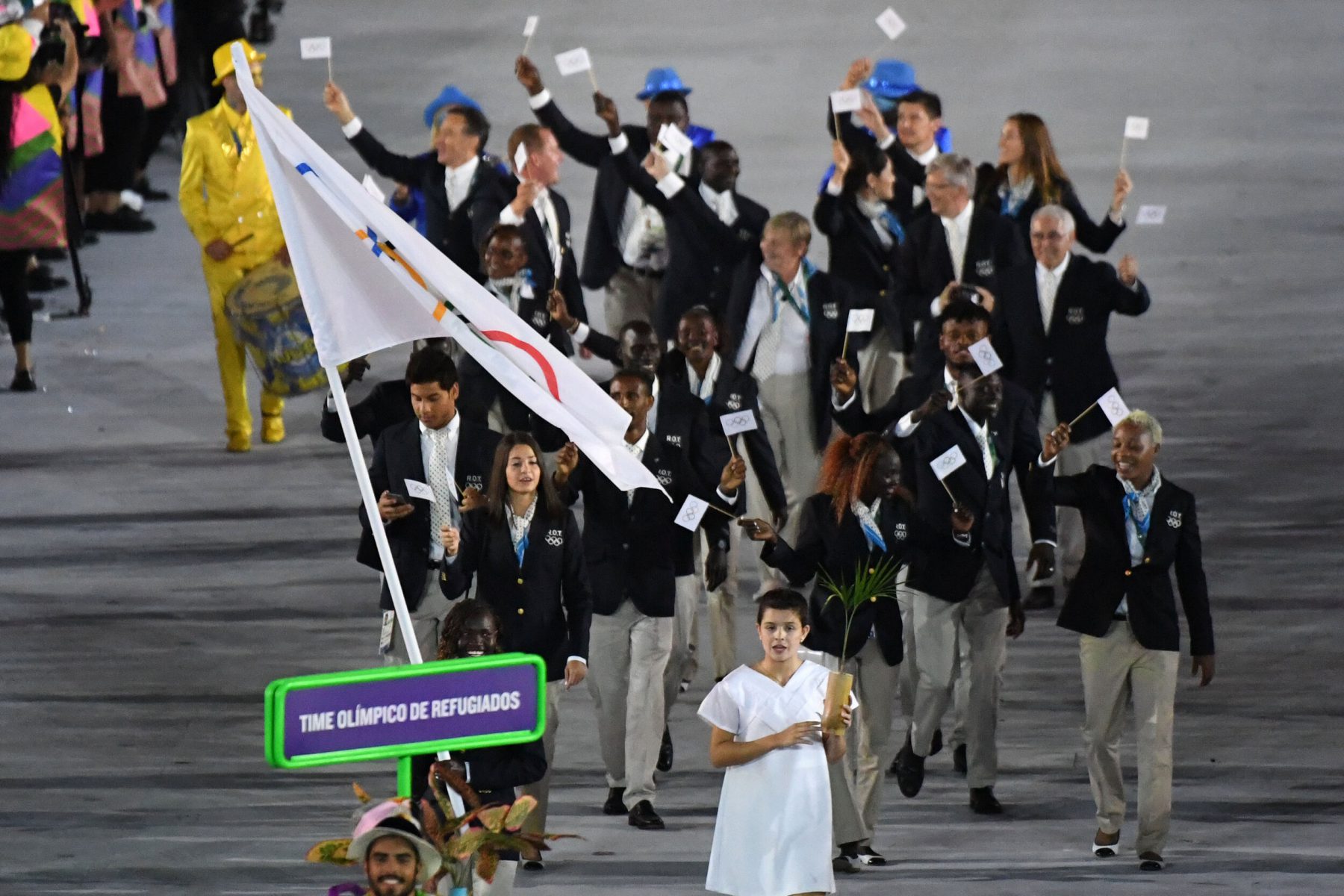
Politics has always been interwoven in sports, as many of us racialized folks can attest.
But often the call from the sports media industry is to keep politics out of sports, or to “shut up and dribble,” so this reality hasn’t been covered authentically.
Recently, however, it’s started to change. In the past year alone, we’ve seen powerful coverage of athlete activism and the way sports intersects with issues such as racial justice, Indigenous genocide, labor solidarity, gender equity and combatting transphobia.
Now more than ever, as the Summer Olympics begin in Tokyo this week, we need to see more sports commentary and reporting that centers the lives and struggles of athletes around issues of race, class and gender expansiveness. It’s even more vital this year, since recent rules changes could lead to an increase in athlete activism.
The International Olympic Committee (IOC) has long banned athletes from voicing their opinions under Rule 50 of the Olympics Charter, “demonstration of political, religious or racial propaganda.” But this year amid global pushback, the IOC conceded and said it will no longer punish athletes for expressing themselves, but reserves the right to sanction of the expressions are during play, or while on the podium.
Journalists are not — and have never been — under such formal constraints.

Already many in sports media have questioned the ban on U.S. sprinter Sha’Carri Richardson from competing at the Olympics after testing positive for marijuana. Journalists have also highlighted the prominent number of LGBTQ athletes competing at the Games, and now are chronicling the fierce objections to the Olympics themselves, due to the risks that environmental degradation, militarization and Covid-19 present to Japanese society.
There are many other stories to watch for as well.
Institutional sexism and the lack of support for female athletes are a common obstacle, particularly when over 50 percent of Team USA is made up of women.
One example is Canadian basketball player Kim Gaucher, who is also a new mother. As a result of the pandemic, the Olympics is limiting the number of people who can attend. For Gaucher, this also meant her four-month-old daughter, whom she is still breastfeeding. The lack of understanding of athletes who are also mothers was apparent when her request to have her husband and daughter accompany her to Tokyo was initially denied. Gaucher later successfully appealed the IOC’s decision.
Reporters must also pay attention to the intersections.
During the June U.S. Olympic track and field trials, third-place finisher hammer thrower Gwen Berry turned away from the American flag as the national anthem played at the medal ceremony. Berry, who will compete in Tokyo, is a vocal athlete activist who often speaks out against anti-Blackness and police brutality. In 2019, she lifted her fist on the podium of the PanAm Games in Peru and was put on probation by the U.S. Olympic and Paralympic Committee.
If Berry medals in Tokyo, we can expect she will again signal her opposition to racism. Sports media should not only report on it — it should delve into the issues and context of why she’s taken this stance. Understanding the centuries of slavery and systemic racism that have thrived — and continue to thrive — in the U.S. is central to the story.

Another important story is the 29-athlete Refugee Olympic Team. Sports journalists must understand the conflicts these athletes come from. Sports media and journalistic freedoms can create a space to tell the stories that bureaucracies and power don’t allow. This is a powerful tool that can be used to disseminate information that athletes may not be able to for fear of retribution from countries that don’t allow frank discussions of human rights.
Another issue is sexual assault.
Some athletes on the U.S. gymnastics team, including the phenomenal Simone Biles, are survivors of sexual abuse. As Biles looks to solidify her place as the greatest gymnast of all time, does her story need to be centered around the abuse? Absolutely not. But the ways in which hundreds of athletes have been failed by sports governing bodies is relevant.
Like many issues in sports reporting, it calls for trauma-informed reporting.
This means that sports journalists are made aware of and are prepared to ask questions in a way that is not invasive or triggering for survivors. It means that they report on stories, even if means going against the traditional media industry’s tendency to not address issues like sexual assault or domestic violence.
There are ways in which sports media can contribute to the world of sports that leads to progress, to questions and to amplifying issues that may have been previously unheard or deliberately ignored. Being accurate and timely in journalism must also include consideration for context. There is a path for responsible sports reporting that is fair to the reader, the subject and the storyteller. Sports journalists like my friend and colleague Jessica Luther offer an excellent example of how this can be done.
But it can be an uphill battle. One structural barrier to achieving this, however, is the lack of diversity in sports media itself. According to a 2018 report by the Institute for Diversity in Ethics in Sport, in collaboration with Associated Press Sports Editors, 75 of the nation’s sports desks received a D+ grade for racial and gender diversity hiring.
This means that an industry that should be reporting on racism, sexism and other social justice issues may themselves never experience any of these systems of oppression. Sports media needs to unlearn some of the antiquated practices of the past and move forward to understanding the deep connections and complexities between sports and current social and political issues.
There are many ways in which sports media can be used to propel and share important stories within the Olympics, and in sports more broadly. Sometimes champions of sports and justice aren’t only on a podium — they can be in the press gallery, too.



